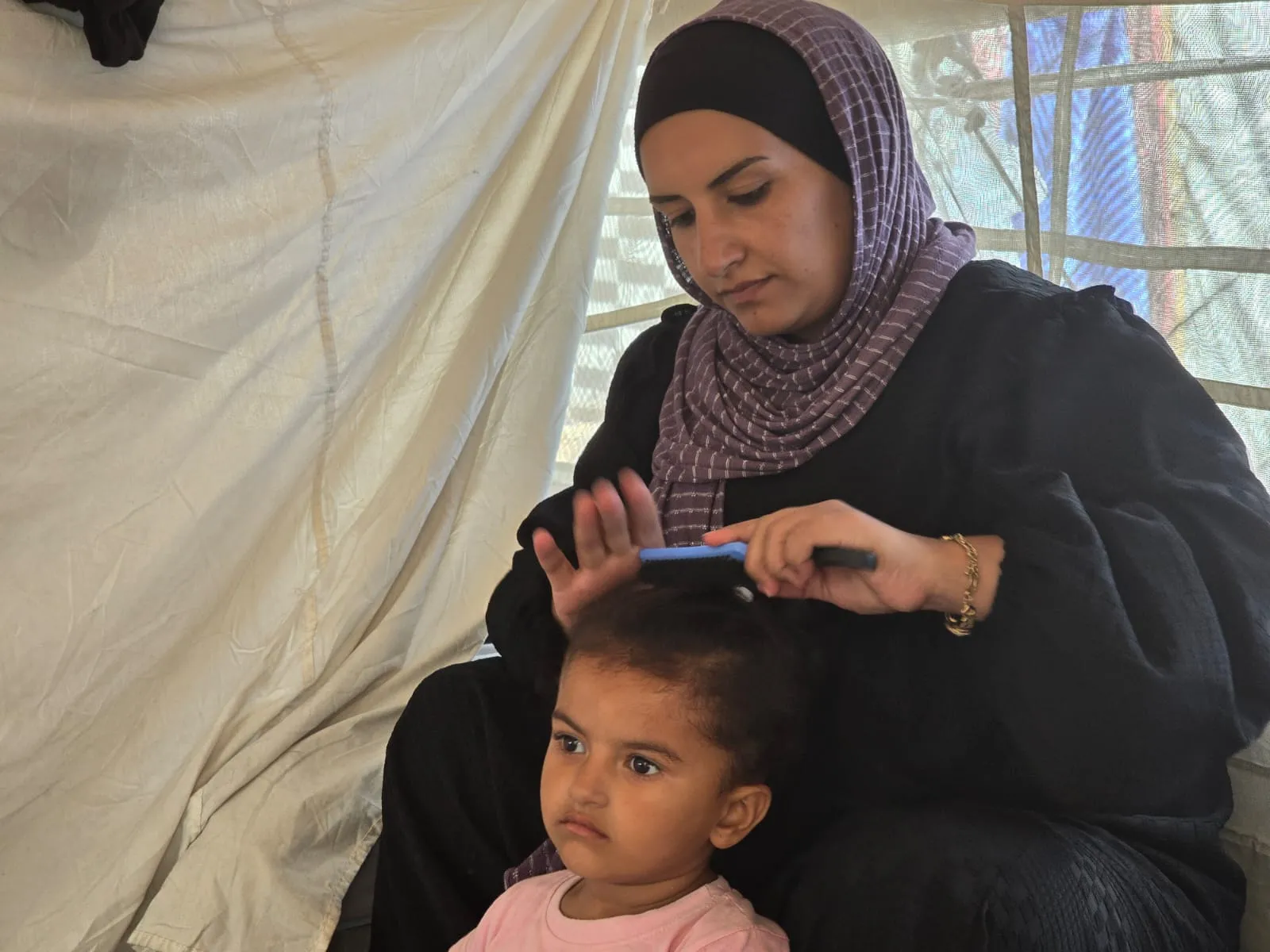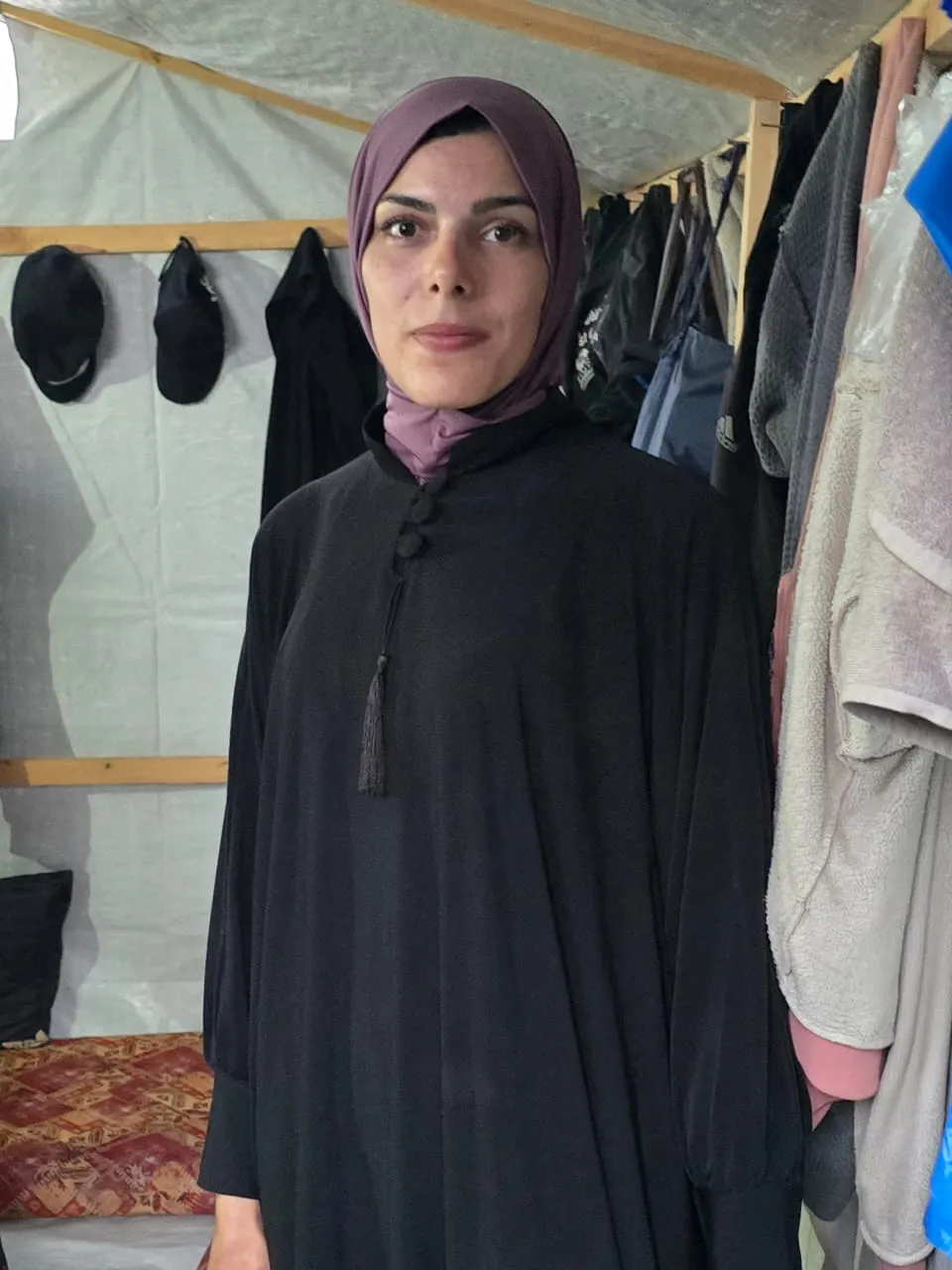Sara*, a 36-year-old mother of four and a former mechatronics engineer who once ran a thriving business teaching children, has faced drastic changes since the onset of the war. Since then, living in temporary shelters and struggling with basic necessities, she recounted the stark transformation from a life filled with routine and comfort to one of survival and uncertainty.
“Before the war started, our life was good. Both my husband and I worked jobs we liked, we lived in a nice house, and our four children liked going to school and playing with their friends in the afternoons,” she said.
The war not only demolished her home but also shattered her family’s sense of normalcy and security.
“When we had to flee Rafah, it was the fourth time we have had to pack up and leave since the war started,” she said, describing the panic and fear that accompanied each displacement.
The journey to safety was perilous, marked by delays and the ever-present threat of violence, which left them uncertain of survival.
Since the Oct. 7 start of the Gaza conflict, more than 36,100 people have been killed, 70 percent of whom are women and children. At least 81,150 people have been injured, and over 10,000 people are missing.
Once a place of refuge, Rafah quickly turned into another chapter of hardship.
“In Rafah, we didn’t find a place to stay the first night we arrived. We moved into a tent with people we knew from Rafah,” Sara said.
The transition to tent living introduced new challenges, from environmental exposure to health risks, exacerbated by Sara’s pre-existing respiratory issues.












